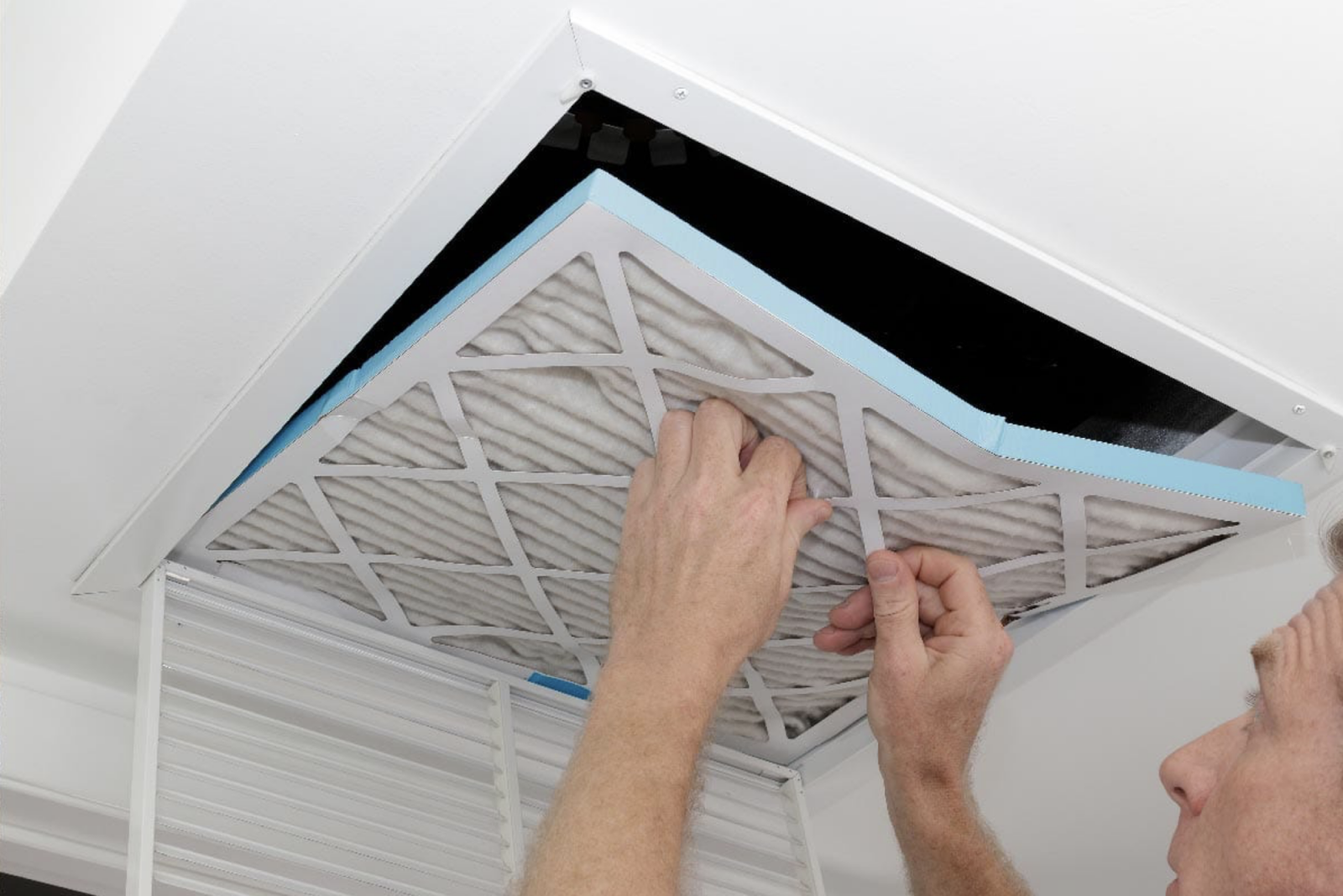When purchasing an air filter, it’s important to consider the size. You should also look at the performance. Remember, the thicker the air filter, the larger the area. This provides sufficient area to catch the debris. Usually made from accordion-shaped material, a good air filter should be sufficiently thick to prevent the debris from slipping through the cracks. The following are reasons why you should choose thicker air filters.
Introduction
Furnaces are available in different sizes, as well as, configurations. A thicker furnace filter is generally long-lasting and more efficient. It facilitates efficient airflow around your space. Thus, it’s important to consider your needs. Evaluate the quality of air in your home and surrounding. Seek advice from an energy expert. You can also ask your air filter manufacturer for advice.
Thick vs. Thin Filters
The thicker an air filter is, the better the filtration it offers. Thicker filters have also been proven to last longer than thinner models. A 1 or 2-inch might need to be replaced every month. But a 4-inch filter could last longer than 6 months. Even more, thicker filters are less restrictive and offer better airflow. If you need superior filtration, consider investing in a 5-inch filter.
4-Inch versus 1-Inch Filters
Thicker filters are much better than their thinner counterparts. They offer more longevity, enhanced airflow, as well as, optimal filtering capabilities. If it’s compatible with your furnace, then consider investing in a 4-inch filter. It works more efficiently than a 1-inch filter. Plus, it lasts longer and provides better value. However, if your furnace is only 3 inches thick, then you might have to install the 1-inch filters.
If you must choose between these filters, then the 2-inch filters are an incredible option.
Choosing the Right Filter
This will depend on your system configurations. But it’s always better to utilize a thicker air filter. This will ensure optimal efficiency and better air quality. However, you shouldn’t force a filter to fit into a furnace it isn’t designed for.
If you decide to use a 5-inch filter in a system that’s designed for a 2-inch filter, the performance levels might be significantly decreased. Besides, certain components could get damaged. Higher MERV ratings are ideal for thicker filters. Combining a thin air filter with a greater MERV value could restrict airflow and reduce your system’s efficiency. It might also lead to excessive wear and tear.
Air filter thicknesses often range between 1 and 5. Certain options are more popular than others. If you aren’t sure about the size to choose, consider talking to a professional technician. They’ll be able to recommend the best options for you.
The Bottom-Line
A good air filter should trap as many particles as possible. Thus, it’s important to think about the size when shopping around for the right air filter. The larger the area, the more debris it will trap. Plus, thicker air filets do not allow debris to slip through the cracks. The above are the top reasons for selecting thicker air filters.




